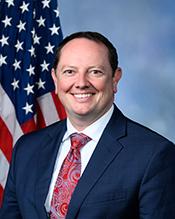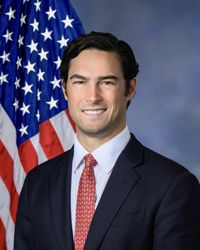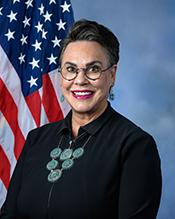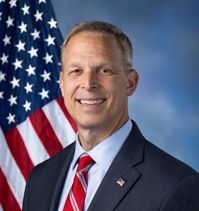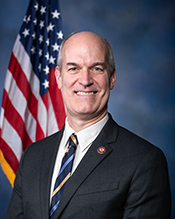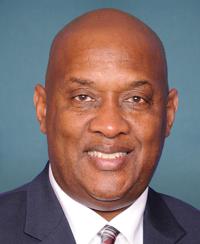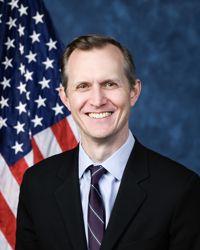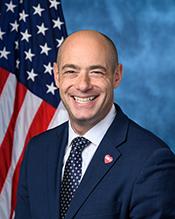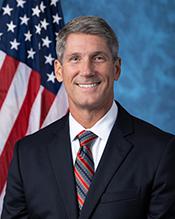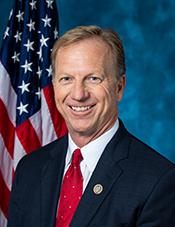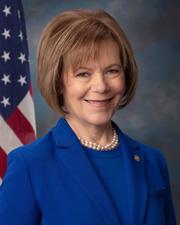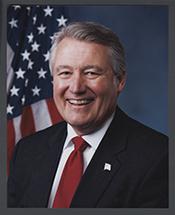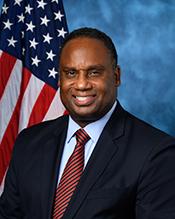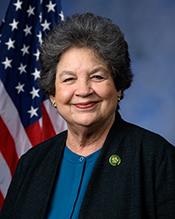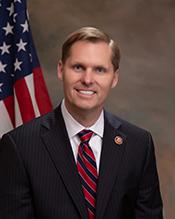H.R. 3751: Reliable Grid Act
The bill, titled the Reliable Grid Act
, aims to prevent the Administrator of the Environmental Protection Agency (EPA) from implementing certain regulations that could restrict the operations of specific electric generating units. Here is a summary of its key provisions:
Purpose
The main objective of the bill is to ensure reliable and affordable electricity. It expresses a belief that the reliability of the electric grid should be a priority in regulatory decisions, particularly in light of increasing demand for electricity driven by the electrification of various sectors, including transportation.
Concerns Addressed
The bill highlights several concerns, including:
- Potential threats to the supply of reliable energy resources.
- The impact of regulations that may lead to the premature retirement of traditional energy sources, such as coal and natural gas.
- The dangers posed by the increasing reliance on less reliable energy sources, like wind and solar, which may not meet demand during critical periods.
Regulatory Restrictions
Specifically, the bill states that:
- The EPA Administrator cannot enforce regulations that would limit the operation of dispatchable electric generating units unless the North American Electric Reliability Corporation (NERC) deems all areas served by the bulk-power system to be at
normal risk
. - It restricts the enforcement of regulations that could lead to the premature closure of these units, thus supporting the continued supply of reliable electricity.
Recommendations for the EPA
The bill also encourages the EPA to:
- Identify electric generating units that are at risk of being retired due to current regulations.
- Provide waivers to help prevent these early retirements.
- Coordinate with public utilities to ensure that regulations do not further jeopardize grid reliability.
Collaboration with Regulatory Bodies
To further enhance reliability, the bill suggests that:
- The Federal Energy Regulatory Commission (FERC) should collaborate with NERC to develop new reliability standards that take into account the limitations of intermittent energy sources like wind and solar.
- The EPA should ensure that future regulations are backed by evidence that they will not lead to additional premature retirements of reliable electric generating units.
Definitions
Key terms outlined in the bill include:
- Administrator: Referring to the head of the EPA.
- Bulk-power system: The interconnected system that delivers electricity to consumers.
- Dispatchable electric generating unit: Equipment designed to generate electricity that can be adjusted on demand to meet grid requirements.
- NERC: The organization responsible for ensuring the reliability of the North American electric grid.
Relevant Companies
- NEE - NextEra Energy: As one of the largest producers of renewable energy from wind and solar, NextEra may be impacted by regulations concerning traditional generation units.
- DUK - Duke Energy: This utility company's operations might be influenced by changes related to coal and natural gas generating units.
- XEL - Xcel Energy: Their strategy for integrating renewable energy alongside traditional resources may be affected by this bill.
This is an AI-generated summary of the bill text. There may be mistakes.
Sponsors
4 bill sponsors
Actions
2 actions
| Date | Action |
|---|---|
| Jun. 05, 2025 | Introduced in House |
| Jun. 05, 2025 | Referred to the House Committee on Energy and Commerce. |
Corporate Lobbying
0 companies lobbying
None found.
* Note that there can be significant delays in lobbying disclosures, and our data may be incomplete.
